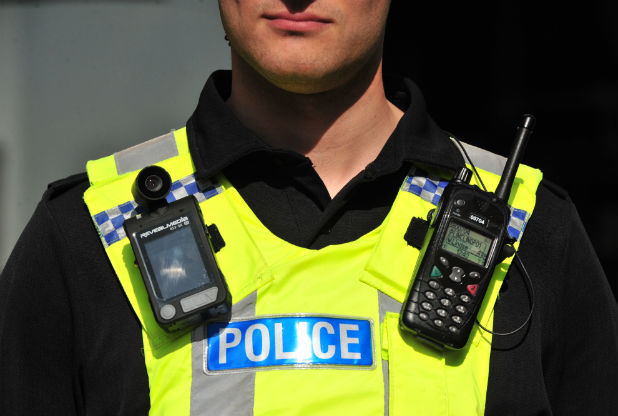Police Officer Cleared of Murder Faces Misconduct Probe

The Importance of Criminal Justice Within Law Enforcement: No One is Above the Law
In a case that has drawn national attention, Metropolitan Police firearms officer Sergeant Martyn Blake, who was acquitted of murder following the fatal shooting of Chris Kaba, is now set to face a gross misconduct hearing.
This development raises vital questions about accountability, justice, and the professional standards expected of those sworn to uphold the law.
The Accusation of Murder
Sgt Blake, a member of the Met’s specialist MO19 firearms unit, shot Mr Kaba in the head during a vehicle stop in Streatham on 5 September 2022.
At the time, officers believed the vehicle had been used in a violent incident just one day prior. Although the jury found Sgt Blake not guilty of murder, the Independent Office for Police Conduct (IOPC) has ruled that there is a case to answer regarding professional misconduct.
Law Enforcers Are Not Exempt From Breaking the Law
This decision reinforces a fundamental principle of criminal justice: no one, regardless of profession or position, is above the law.
Law enforcement officers operate under significant pressure and face immense risks daily, but they are not exempt from scrutiny. The legal process ensures that any potential breach of conduct, even when criminal charges are dismissed, is addressed through proper institutional channels.
Public confidence in policing depends not just on bravery in the field, but also on a transparent commitment to justice and ethics.
As stated by the IOPC, the threshold for a misconduct hearing is not the same as for a criminal conviction. It asks only whether there is sufficient evidence to suggest that misconduct may have occurred. That threshold, in this case, was met.
Concerns over Moral In the Met Police
The Metropolitan Police Federation and several senior officials have expressed concerns over the impact this decision will have on police morale.
However, upholding internal accountability mechanisms is not about undermining officers—it is about maintaining integrity within the justice system. Without fair and consistent oversight, trust in law enforcement deteriorates, both from within the force and the communities it serves.
The reality is that the legal frameworks guiding disciplinary action are essential safeguards, designed not to punish without reason, but to evaluate and preserve the standards of lawful policing.
Officers are granted significant authority, including the potential use of lethal force. With such power must come responsibility, and where doubt arises, procedural fairness must follow.
A Necessary Component of Justice
In the UK, armed officers respond to thousands of high-risk situations each year. These professionals deserve support, but that support must coexist with an unwavering commitment to the rule of law.
Misconduct proceedings serve to affirm that even in high-pressure environments, ethical lines must not be crossed—and if they are, accountability must be pursued.
This ongoing hearing is not a reflection of guilt or a condemnation of police officers broadly, but a necessary component of justice.
The outcome, whatever it may be, will help define how the UK continues to balance the need for effective policing with the imperative of legal oversight.
Criminal justice is not optional—it is the very foundation upon which public service and public trust are built.
How We Can Help
At Morton’s Solicitors, as criminal defence solicitors, we are here to help with legal representation and advice on any aspect of criminal law. Call us directly on 0161 230 4816 or email us via our contact page for fast, confidential advice.


